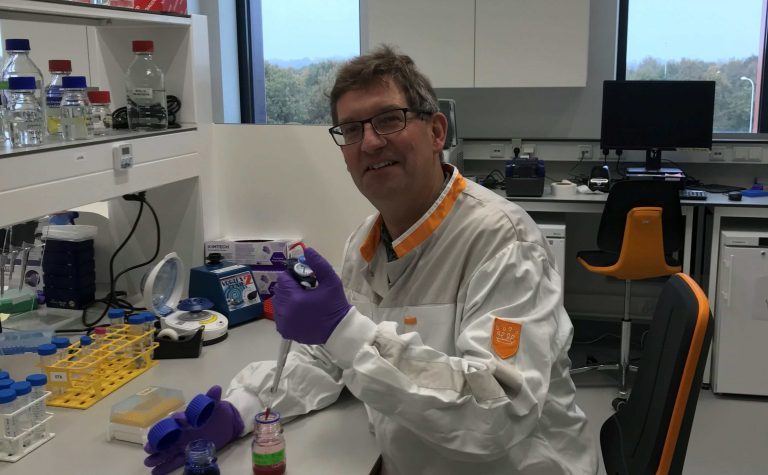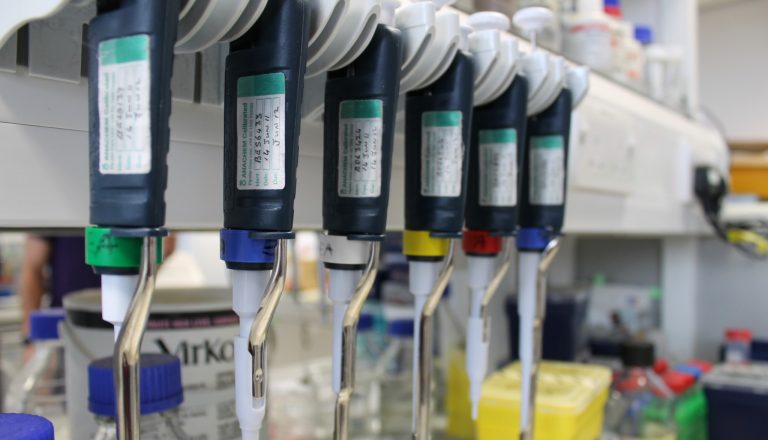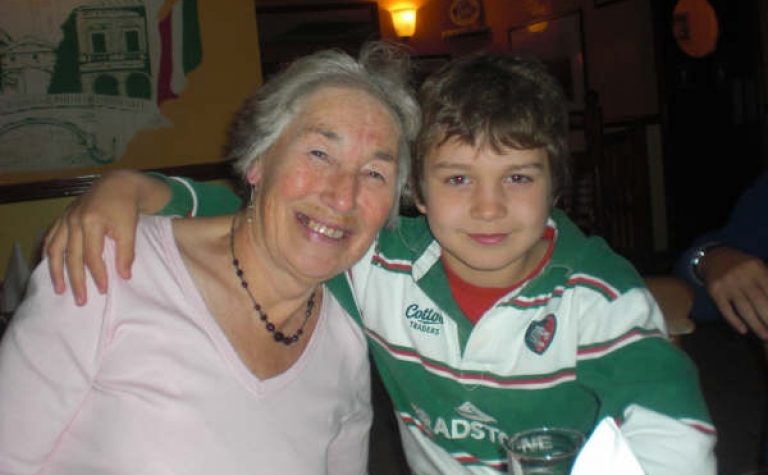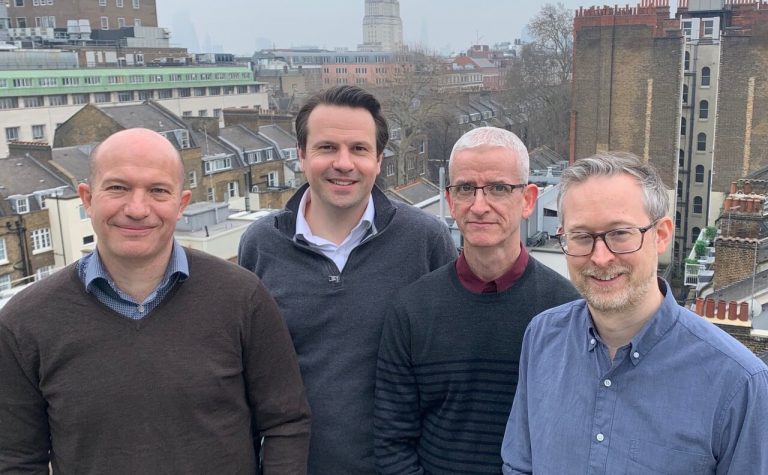Project Details
Project Title
Designing drugs to cut acute lymphoblastic leukaemia (ALL) at its roots
Lead Researcher
Prof. Olaf Heidenreich
Research Centre
Newcastle University and the Princess Maxima Centre for Paediatric Oncology
City & Institution Postcode
Newcastle NE2 4HH & Utrecht 25, 3584 CS
Start Date
1 January 2017
Duration
60 months
Grant Amount
£447,000 (This project is co-funded with Cancer Research UK. The total cost of the project is £1,465,606.97)




